A voluptuous ‘Mona Lisa,’ corpulent dancers, juicy still lifes, and buxom nudes hang in Museo Botero (the Botero Museum), a popular museum in the Colombian capital of Bogotá.
It was established in 2000 when the artist donated over 120 of his own artworks and 85 pieces from his personal collection to the Banco de la República, which operates the museum out of a colonial manor house in the city’s historic neighborhood of La Candelaria.
Fernando Botero’s full-bodied aesthetic can be seen in the way of fine artworks and large public sculptures in major cities and institutions around the world. His penchant for curvaceous subjects—men, women, children, animals, even bowls of fruit—is beloved in his native Colombia and beyond; but since the 1970s, Botero has also amassed his own collection of historic masterpieces by seminal artists including the French-Russian multidisciplinary modernist Marc Chagall, legendary Spanish Surrealist Salvador Dalí, and Claude Monet, leader of the French Impressionist movement.
The museum’s east wing is where visitors can find paintings by the above, and beyond, with works on view ranging from a 19th-century piece entitled Gitane au tambourin by the French painter and draughtsman Camille Corot, all the way up to a late 20th-century oil painting by the Spanish contemporary artist Miquel Barceló. According to Google Arts & Culture, the excellence and expanse of Botero’s acquisitions places Museo Botero “among the five most important public international art collections in Latin America.”
More than 120 paintings, sculptures, and sketches by Botero himself are exhibited in the museum’s west wing. The collection illustrates Botero’s visual lexicon referred to as “Boterismo,” a style characterized by bloated subjects that reference and rift on art history, yet also belong to the artist’s entirely unique personal aesthetic.
Approximately 1,000 people visit Museo Botero per day to peruse the collection, join a tour, participate in a workshop, or attend a lecture. The museum’s collection was co-curated by Botero himself and donated on the condition that all artworks remain permanently in the space.
Know Before You Go
Museo Botero is open Wednesday through Monday, 9 am to 7 pm every day except for Sunday, when it closes at 5 pm. The museum is closed on Tuesdays. Audio guides are available in Spanish, English, and French. No entrance fee. Photos are not allowed on the third floor, which is where most of Botero's work is displayed.



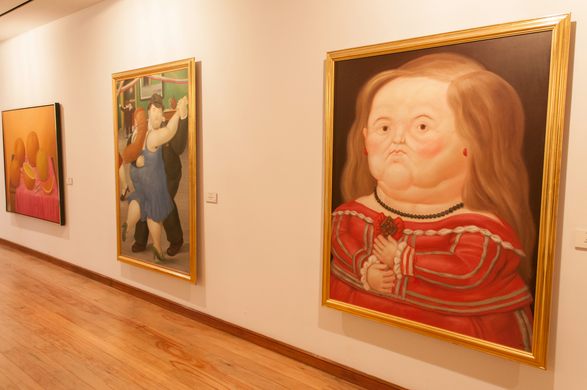

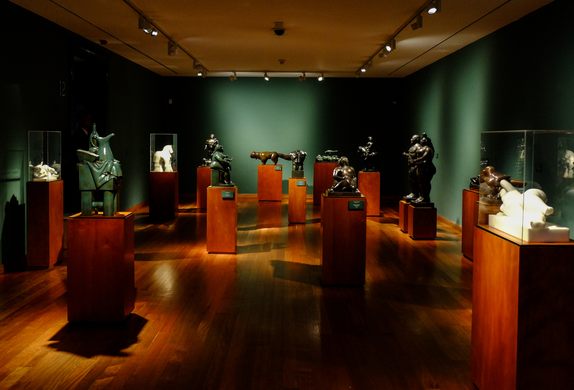
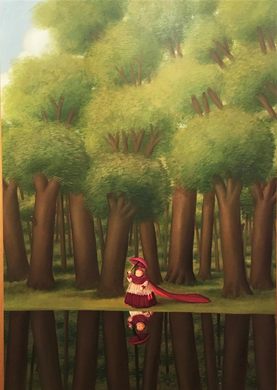









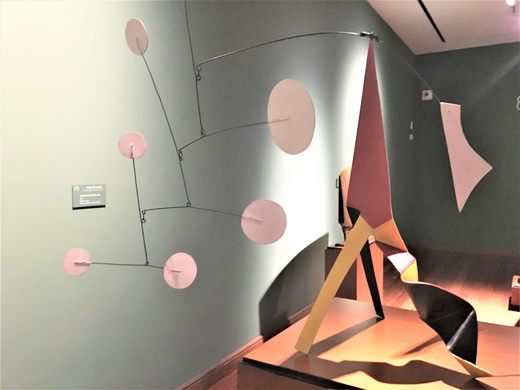










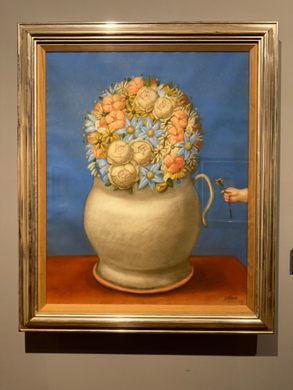
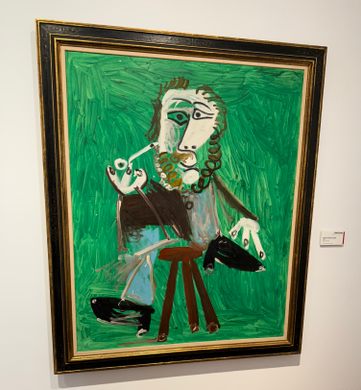
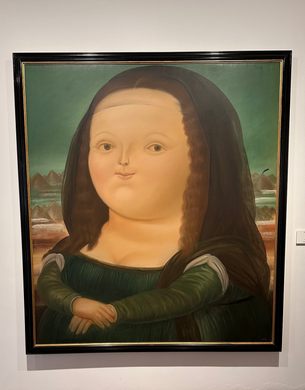






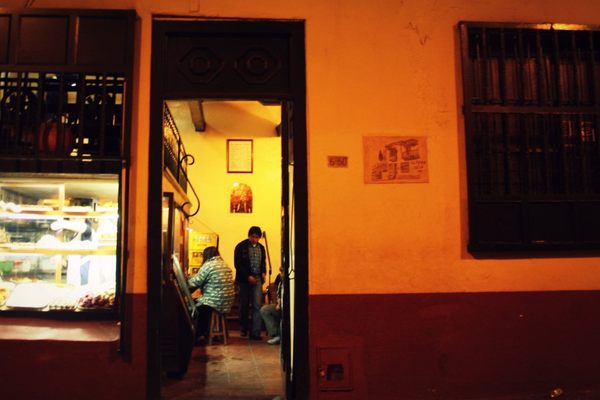
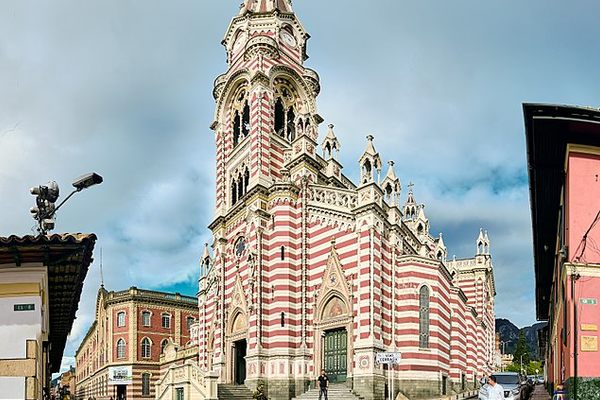
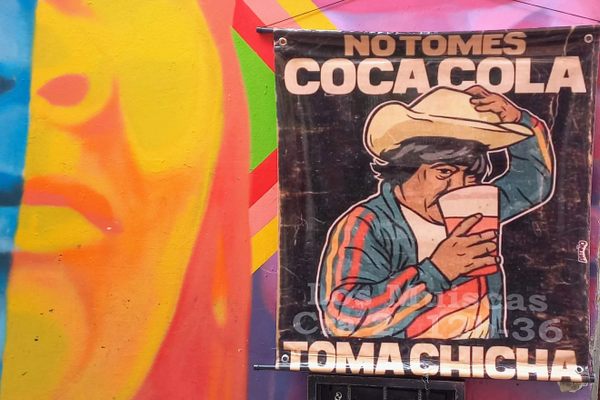
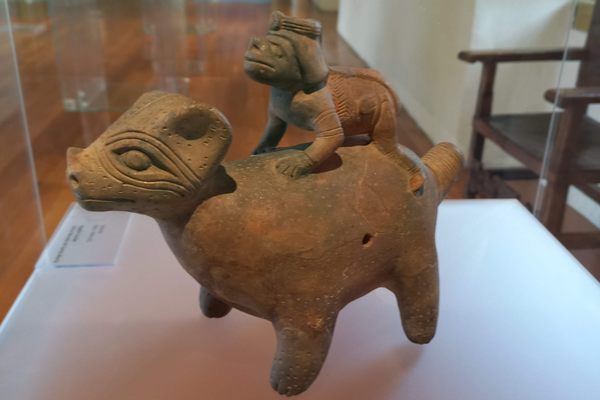

Follow us on Twitter to get the latest on the world's hidden wonders.
Like us on Facebook to get the latest on the world's hidden wonders.
Follow us on Twitter Like us on Facebook